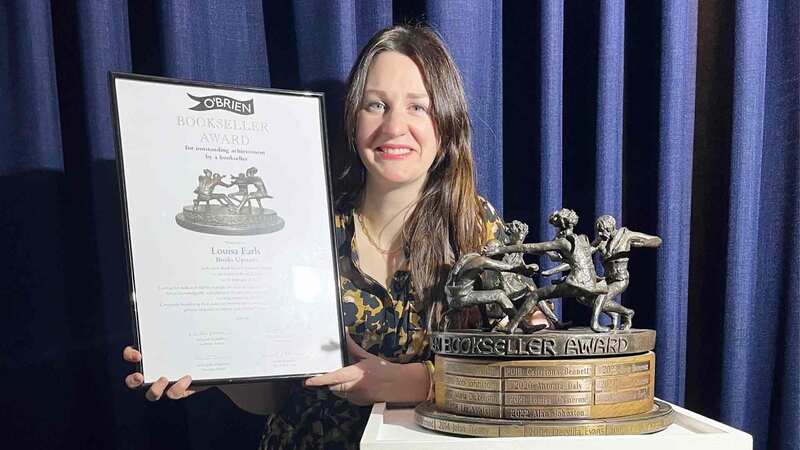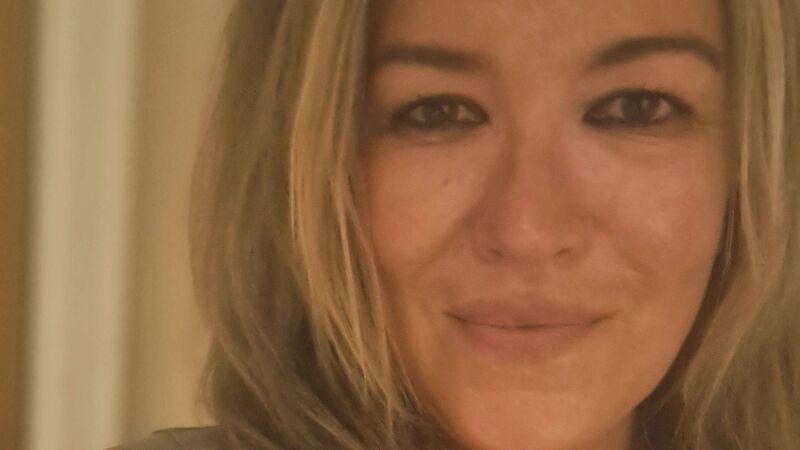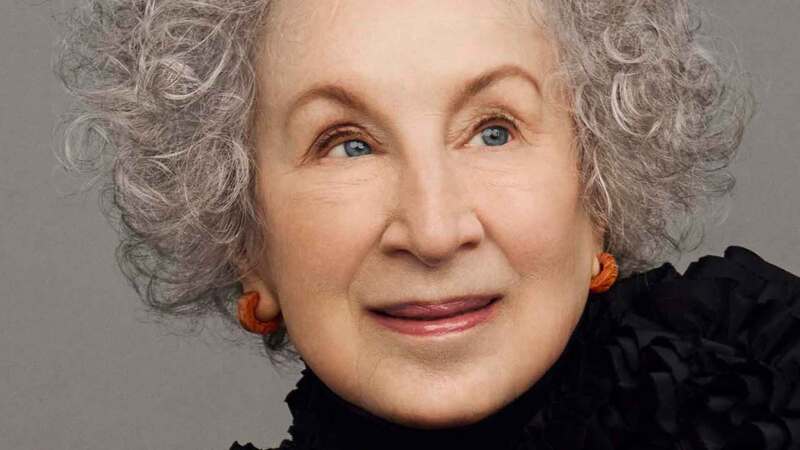You are viewing your 1 free article this month. Login to read more articles.
Evaristo pushes industry for 'real change' in FBF keynote
Booker winner Bernardine Evaristo has told publishers that they know what they need to do: “radically alter the demography of their employees and publish a healthy, inclusive, diverse, exciting range of good books from a range of communities and for every kind of readership”.
Speaking as one of the Frankfurt Book Fair’s keynotes on Wednesday (14th October), Evaristo — newly awarded an OBE in the Queen's Birthday Honours — said in her view, the time for initiatives has “passed” in the UK, “because the publishers know that there is a problem”.
Sharing her thoughts on diversity as it relates to British publishing, she said it would be wrong to equate advancing diversity with charity or as philanthropy, stressing the economic argument in publishing a wider range of voices and demographics.
“Readers don’t just want to read about themselves and there is something so patronising about prevailing attitudes that there is no demand for books by writers of colour,” she said. “When my experimental, radical novel about black British womanhood–Girl, Woman, Other–can reach mass markets, initially influenced by the Booker Prize but latterly through word of mouth, this tells us all kinds of literature and voices can be commercially viable. We need every kind of writer writing every kind of book in every genre: horror, crime, thriller, romance, fantasy, cookery, memoir, social history and every other kind of book.”
She went on to call it “a tragedy” that such a small proportion of publishers’ lists spring from the “brown global majority”, because fiction is “an empathy generator”. By only publishing white people, she said publishers were “missing out on the opportunity to create a more egalitarian society” and to bridge perceived differences.
“My argument is it’s enriching for us as human beings to be reading such a diverse range of stories and don’t forget black British writers, there are quite a few of us who are doing really interesting work,” she said.
“Publishing in the UK is almost entirely white and middle class, which has long been unacceptable to many of us and the industry has long been complacent about it. I wonder how much unconscious bias prevails, when people of colour, especially black people who are less present than Asian people, no matter how brilliant, no matter how talented, no matter how experienced and suitable, are finding it extremely hard to be seen as ‘the right fit’ when applying for jobs.”
However, Evaristo struck an optimistic note, describing how “times are changing”, although it took the death of a black man at the hands of an American policeman for publishers to “finally wake up to their institutional bias and culture of exclusion”.
In particular Evaristo credited the work of the Black Writers' Guild in holding publishers to account–”holding their hands, monitoring their progress”–with “real change” now expected from publishers in the months and years ahead.
“It is the first time in my experience publishers have actually literally woken up and said, 'Oh my God, our workforce is 95% white, apart from maybe the cleaners and the cooks, and we have a tiny percentage of books by writers of colour and we need to do something about that',” she said. “While there have been successful campaigns to get publishers to open their doors, they’ve not been listening to us for all these years. But actually this summer they started to listen to us.”
Evaristo said there are “always reasons why great books don’t get through the publishing process”, including the suggestion that they are not marketable, and this is why the make-up of the industry needs to change, as well as to ensure books published go “beyond the cliches and the stereotypes”.
“Those books are starting to come through,” she said, “but people need to be aware how their publishing choices have come from the way in which they perceive certain communities, countries and even continents … Publishers know what to do: radically alter the demography of their employees and publish a healthy inclusive diverse exciting range of good books from a range of communities and for every kind of readership.”
















